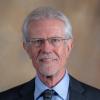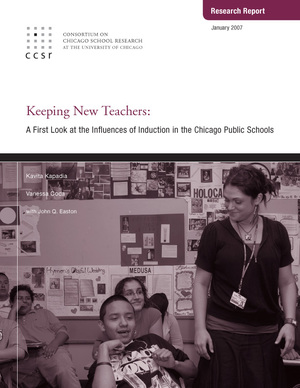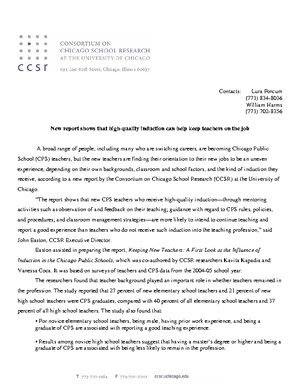1. Who are the new teachers in Chicago Public School (CPS) and what are their experiences? How are CPS novices different from the rest of CPS teachers? What do novices report about their teaching experience and plans for the future?
2. Which contextual factors influence novices' teaching experience and intentions for future teaching?
3. How do mentoring and other supports influence novices' teaching experience and intentions for future teaching?
High turnover rates among new teachers are a problem across the country, and in urban districts like Chicago the "revolving door" phenomenon is particularly acute. As many as 40 percent of teachers in Illinois public schools leave within the first five years of teaching, a costly and destabilizing trend which can negatively affect student learning. To address this problem, many districts, including Chicago, are using induction programming to help new teachers develop the skills they will need to have a positive experience and stay in the profession.
This report used 2005 teacher survey data to examine three outcomes: whether new teachers report a good teaching experience, whether they intend to continue teaching the following year, and whether they plan to remain in the same school. First, the authors looked at how contextual factors—teacher background and preparation, classroom demands, and the school environment—influenced teachers' responses to these questions. Then the authors investigated whether participation in a formal induction program improved teachers' experiences and their desire to continue teaching. By itself, induction programming had no significant impact on teachers' satisfaction with their job. However, strong levels of mentoring and support for new teachers—regardless of whether it was part of a formal induction program—greatly improved teachers' experiences and intentions to continue teaching. This report also suggests that high-quality induction be both intensive and contextual so that it takes into need the contextual factors that affect teachers' experiences and intentions.



